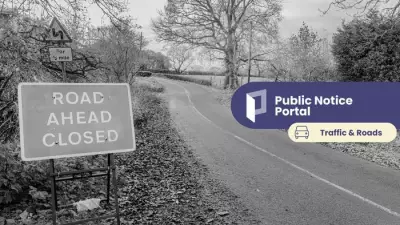
Millions of pensioners across the UK could be hit with an unexpected tax bill next year as the state pension is set to skyrocket past the personal allowance threshold.
The Triple Lock Conundrum
Due to the government's triple lock guarantee, the state pension is expected to see a significant increase in April 2025. This mechanism ensures pensions rise by the highest of three measures: average earnings growth, inflation, or 2.5%.
With wage growth currently sitting at 5.7%, experts predict the new state pension could jump to around £11,502 annually - pushing it dangerously close to the personal tax allowance of £12,570 that has been frozen until 2028.
The Perfect Storm for Pensioners
This creates a financial perfect storm where:
- The state pension continues to rise significantly
- The tax threshold remains stubbornly frozen
- Other small incomes could push pensioners over the edge
Even modest additional income from part-time work, small pensions, or savings interest could now tip millions into the tax bracket for the first time.
Who Will Be Affected?
The changes will particularly impact:
- Those relying solely on the state pension with small additional incomes
- Pensioners with multiple small pension pots
- Those doing casual or part-time work in retirement
- Anyone with savings interest above the personal savings allowance
This represents a significant shift in retirement planning that could catch many unprepared pensioners by surprise.
Looking Ahead
With the general election looming, all political parties are facing pressure to address this growing issue. The frozen tax thresholds combined with rising pension values are creating an increasingly complex landscape for retirees.
Financial experts are urging pensioners to review their income sources and prepare for potential tax liabilities that may arise from what was intended to be a beneficial pension increase.
The situation highlights the complex interplay between welfare policies and taxation systems, creating unintended consequences for those who should be enjoying their retirement years.





